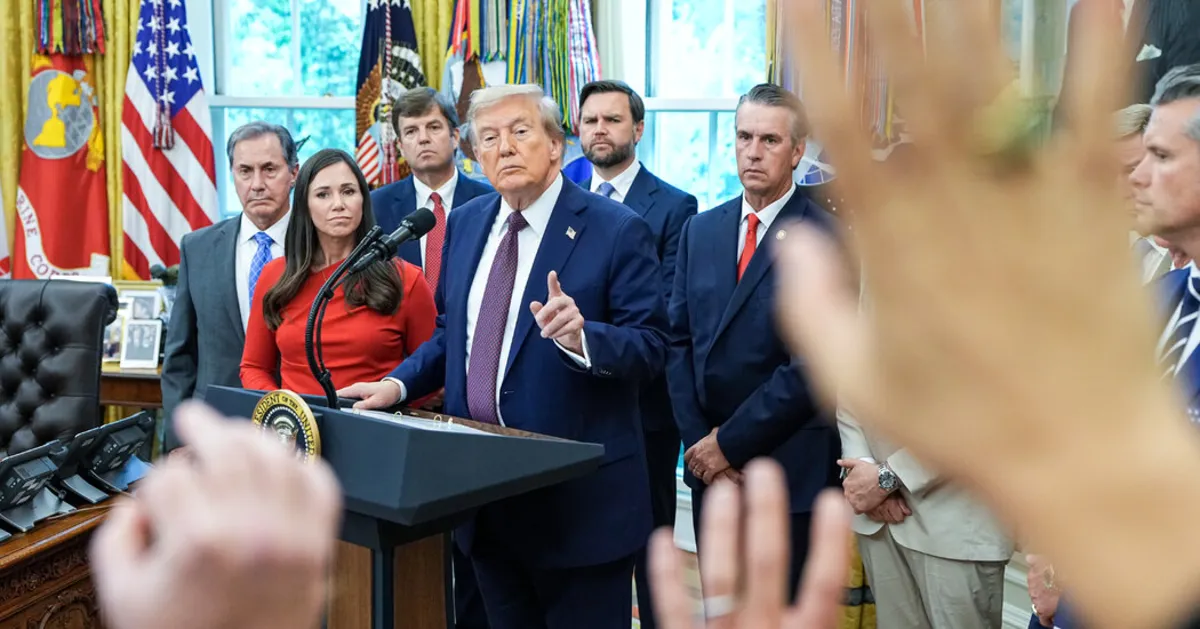
A recent ruling has reignited discussions surrounding the Environmental Protection Agency (E.P.A.) and its climate grant programs. The court stated, “While some grantees may be forced to shutter their operations during the litigation, their harms do not outweigh the interests of the government and the public in the proper stewardship of billions of taxpayer dollars.” This decision highlights the tension between environmental initiatives and governmental oversight.
As part of President Joseph R. Biden’s major climate initiative, the E.P.A. awarded eight nonprofit organizations a staggering total of $20 billion in climate and clean energy grants. These funds were intended for critical projects such as financing solar installations and retrofitting buildings for enhanced energy efficiency. However, in February, the E.P.A. froze these funds at the request of the Trump administration, citing potential vulnerabilities to fraud.
A protracted legal struggle ensued, with billions in grant dollars at stake—an amount that is nearly double the E.P.A.’s annual budget. Legal experts indicate that this case is testing the limits of the Trump administration's authority to reclaim federal funds that had already been allocated. Beth Bafford, the CEO of Climate United, which was awarded nearly $7 billion in grants, expressed disappointment with the ruling but affirmed the organization’s resolve, stating, “The E.P.A. unlawfully froze and terminated funds that were legally obligated and disbursed.”
The grants were facilitated through the 2022 Inflation Reduction Act and had been legally committed prior to the November elections. Funds were deposited into recipients' accounts at Citibank, which served as an intermediary between the government and grant recipients. Following the administration's request, Citibank froze these accounts, prompting several grantees to sue the E.P.A. and Citibank for access to their funds.
E.P.A. Administrator Lee Zeldin raised concerns regarding potential waste and fraud associated with the grants, referencing a controversial video released by the right-wing group Project Veritas. In this video, a Biden-era E.P.A. staff member compared the outgoing administration's funding strategy to “tossing gold bars off the Titanic.” This metaphor caught on, with Zeldin publicly labeling the grants as “gold bars.” Despite these allegations, the E.P.A. has yet to present concrete evidence to substantiate claims of misconduct.
The court ultimately decided that the case must be heard in the Court of Federal Claims, which will determine if the nonprofit organizations are entitled to any funds from the government. This ruling reversed a previous decision that would have allowed the grant recipients temporary access to some of their funds. The majority opinion was delivered by judges Neomi Rao and Gregory Katsas, both of whom were appointed during the Trump administration.
Brigit Hirsch, a spokeswoman for the E.P.A., welcomed the decision, asserting that the plaintiffs were mistaken regarding jurisdiction. However, Judge Nina Pillard, an Obama appointee, voiced strong dissent, arguing that the ruling allows the government to seize funds based on unsubstantiated claims.
The grants in question are part of the Greenhouse Gas Reduction Fund, aimed at establishing financing hubs for smaller community banks and lenders. The intent was to finance low-interest loans for solar installations and energy efficiency upgrades. As uncertainty looms, many nonprofit organizations have had to adjust their operations, with some laying off or furloughing employees due to the funding freeze.
Experts such as Kenneth Gillingham, an economics professor at Yale University, emphasize that government funding can effectively create sustainable markets, with proceeds from initial loans being reinvested into new projects. As the legal battle continues, the nonprofit organizations involved are prepared to appeal the ruling, potentially seeking a rehearing by the full appeals court or even escalating the case to the Supreme Court.
The ongoing litigation surrounding the E.P.A.'s climate grants underscores critical issues regarding federal funding, environmental policy, and governmental accountability. As the case progresses, stakeholders will be closely monitoring its implications for future climate initiatives and the broader landscape of federal grant management.